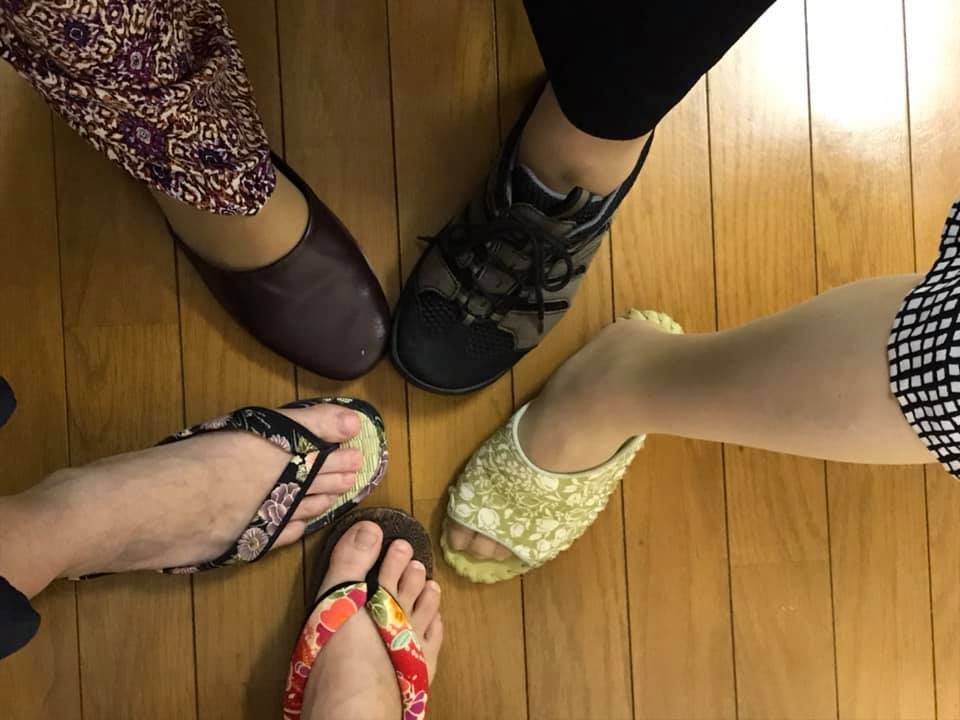Derek Chauvin Convicted in Killing of George Floyd, April 20, 2021.
St. Marguerite Bourgeoys our founder calls us “to love our God and our neighbor as we love ourselves.” Such love is found in a reciprocity, a mutuality of love. In fidelity to our commitment to bearing public witness that is clear and direct, we seek to fashion God’s beloved community with our brothers and sisters. We join in support and solidarity with the statement of the Equal Justice Initiative (www.EJI.org) and their call to us currently. We continue to engage in and collaborate with their truth telling about racial injustice in this country. In a Spirit akin to the story of Ruth and Naomi, in this work we let their words be our words too. The EJI word:
Today, a jury in Hennepin County, Minnesota, found former Minneapolis police officer Derek Chauvin guilty on all three counts of murder and manslaughter following the horrific killing of George Floyd last May.
Millions of people saw video of Chauvin holding his knee on Mr. Floyd’s neck for more than eight minutes. Chauvin’s trial on charges of second-degree unintentional murder, third-degree murder, and second-degree manslaughter drew worldwide attention in part because no one could credibly assert with any confidence that there would be accountability for this police killing.
In many ways, the fact that this conviction is so rare speaks to the problems we face in America.
The presumption of guilt assigned to Black and brown people makes victimization by police, prosecutors, judges, and prison officials tolerable to many people in this country—even when people of color have been criminally assaulted, abused, or killed. That did not change with today’s verdict, but it must change if this country is to make progress.
We believe that change requires more truth-telling about our past and our present. It should not take worldwide protests and months of sustained activism and marches to hold a police officer accountable when he commits a videotaped murder. It wasn’t certain that he would be prosecuted, tried, or convicted. While today’s verdict restores some hope that our system can be responsive to unnecessary violence by police, we have a long way to go.
The deaths of Daunte Wright and Adam Toledo that have taken place since George Floyd was killed make clear that we are nowhere near the kind of new era that communities, cities, and states need to respond to the crisis we’ve seen.
We hope people remain engaged and committed to more truth-telling about racial injustice by understanding issues like qualified immunity and the presumption of guilt that are legacies of our history of racial injustice.
We invite you to turn this moment into a movement that gets us closer to a just and equitable society by exploring and sharing our reports and videos. Our calendar, A History of Racial Injustice, is a tool for learning more about people and events in American history that are critically important but not well known. And we encourage you to visit Montgomery, Alabama, to learn and reflect about our nation’s history of racial injustice in our Legacy Museum and the National Memorial for Peace and Justice.
Congregation de Notre Dame, Blessed Sacrament Province
Sacred Heart University
3135 Easton Turnpike
Fairfield CT 06825
